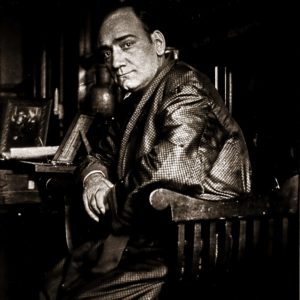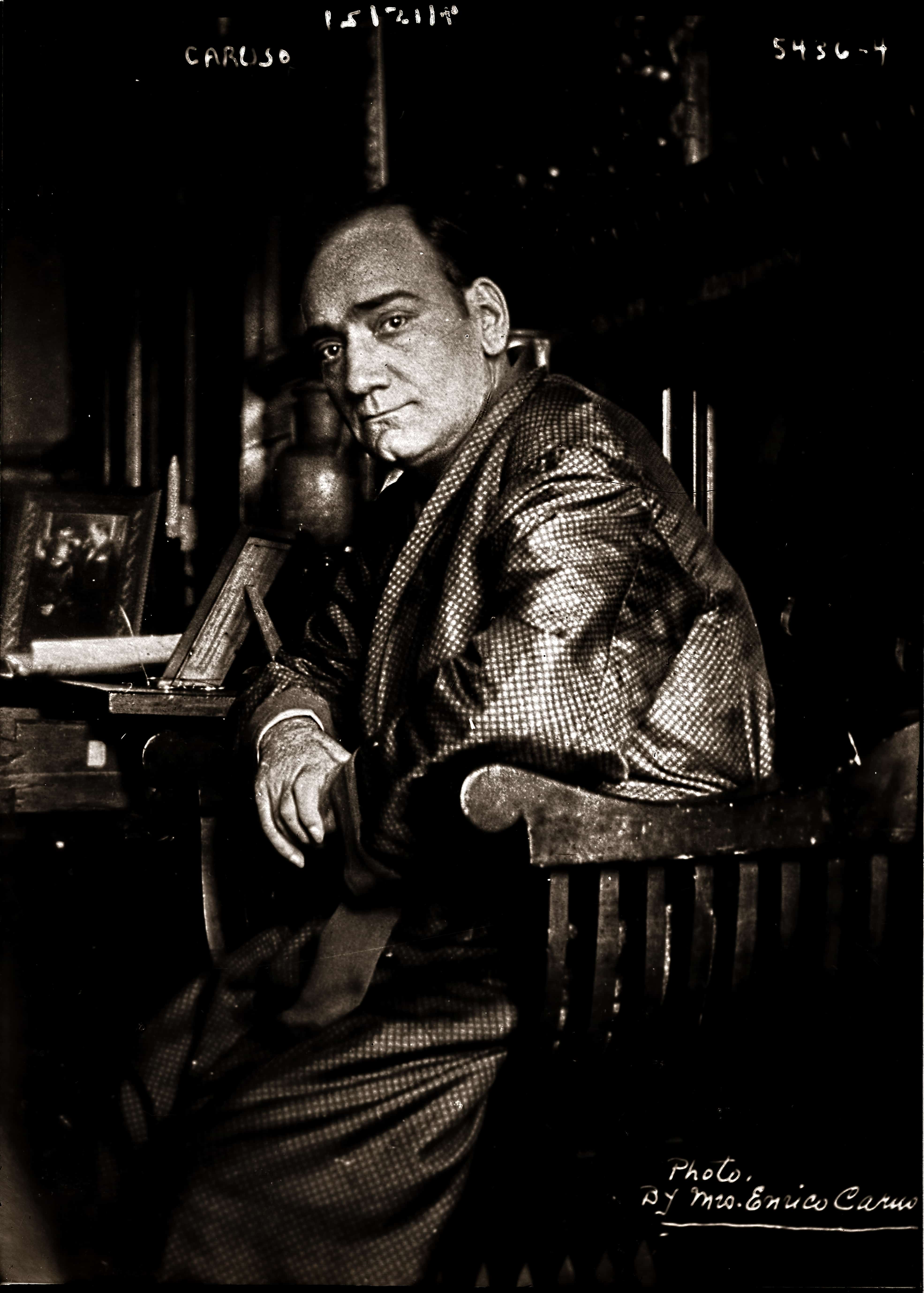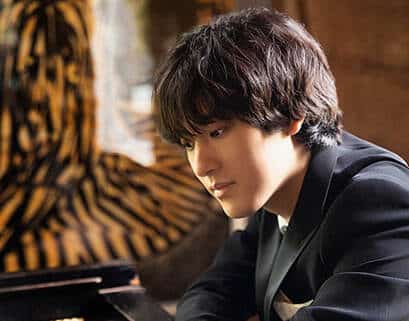100 years after Caruso…
OperaEnrico Caruso died on August 2, 1921 in Naples, while learning a new role.

Tribute anthems:

Enrico Caruso died on August 2, 1921 in Naples, while learning a new role.

Tribute anthems:
There is no room for Sir Simon Rattle…

Decca is marking the birth centenary of John…

Ignore the annual furore about pop insertions at…

The Vienna Philharmonic has just awarded honorary membership…

Session expired
Please log in again. The login page will open in a new tab. After logging in you can close it and return to this page.
I would like to ask you, Norman, what do you think on today’s tenors?
I, personally, am a bit taken aback when I think who are the most appreciated and really fine tenors nowadays.
Maybe some of the contributors/commentors here will be able to help me. I remember Marcello Alvares, but it was years ago. Juan Diego Florez is fine, any way it’s every time hard for me to find the answer . Thank you in advance.
PS I know about Mr. Kauffman, of course, nevertheless I’m still perplexed with the situation on an international stage …
Sergey Romanovsky is the tenor that I am most anxious to hear.
Thank you , Scott. Have never heard of Mr.Romanovsky, will search for him on Youtube …
The Lucio Dalla version of Caruso, which I think is definitive, has to be better than Bocelli’s (though I admit I have not listened to the latter).
Isn’t anything, by definition, better than Bocelli?
I do not make such a blanket judgment. Bocelli has a pleasant tenor-range voice, well suited to songs like his breakout hit, Con Te Partiro, which he does better than anyone else I have heard do it. His duet of Vivo Con Lei with Georgia was as good a pop song as I have heard, and their voices melded beautifully.
He’s not disagreeable on some hymns and even art songs, but I tend to agree that he overshot the mark by trying to do too much in opera — I’m sure the odd aria is okay.
I had to review him in concert once, and he mostly did classical stuff, not awfully well. He would have been better sticking to the pop songs that his increasingly restive audience had come to hear — it was not an opera crowd, and though it was at the height of his popularity, his reception was less than rapturous.
Con Te Partiro makes me nauseous.
Caruso recorded very well on the acoustic process and we are of course lucky to have such a large recorded legacy from him. His 78 rpm recoreding of “Rachel! quand du Seigneur” from La Juive is probably the closest to an electrical recording in quality of sound. The acoustic process reached its height in the 1920 to 1924 time frame. Still and all, we know from the recordings made by great operatic voices who recorded in both the acoustic and the electrical process (that is, after 1925) that there is a difference, often a considerable difference, in what we can glean from the recorded evidence about a voice itself. It is a bigger difference than we hear in the recordings made by those who recorded on electrical 78s but also lasted long enough to record in high fidelity and even stereo (Björling and Peerce for example, and I chose their names because their voices aged less than some other other voices who similarly recorded in both processes but whose voices had aged so much as to make comparisons dicey).
Had Caruso lived (and been healthy enough to sing) just a few more years … as we can also say about violinist Maud Powell and other artists who missed the electrical process by just a few years. Compare for example the Nellie Melba electricals from her famous farewell.
Rosa Ponselle, late in life, said that in her opinion Caruso’s recordings really did not do justice to what she heard on stage as a colleague. She did allow that some of the then-new digital restorations, controversial at the time for the attempted enhancements, did sound just a bit closer to what she remembered, but it was not a whole hearted endorsement.
I seem to recall reading that the engineers on digital enhancements of older recordings claimed they could “do more” if they have recordings of the same voice in acoustic and electrical recordings; they can come closer to supplying what is missing and feel comfortable about the results being fair and accurate in approaching an electrically recorded version of the voice.
How was this an article?? Come on… Lazy journalism about the greatest tenor in the world!!
Caruso’s ‘centenary’ is well worth a little mention in SD…
🙂
Lucio Dalla escribió su “Caruso” imaginando una realidad que nunca ocurrió, pero exactamente lícita como lo es toda transformación travé sel arte. Pero quien la canta “bien”, sin estar al borde las lágrimas, no entiende la idea de un Caruso al borde la muerte, emocionado ante el amor imposible.
It’s a pity that the present group doesn’t seem to be on Shicoff’s level at his best. Many are just fine, but thrilling they aren’t.
For a different style of tenor, but no less valued than the Can Belto merchants, I suggest Anthony Rolfe Johnson.